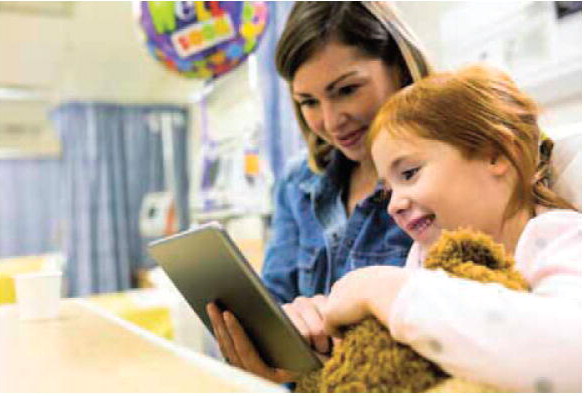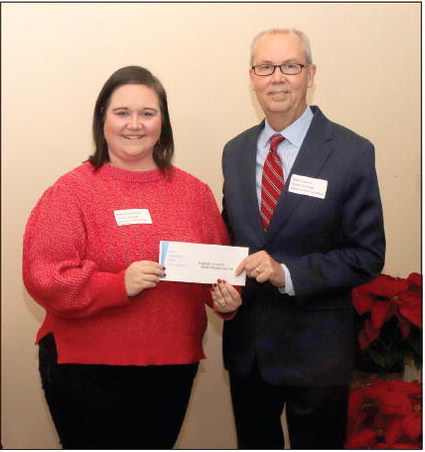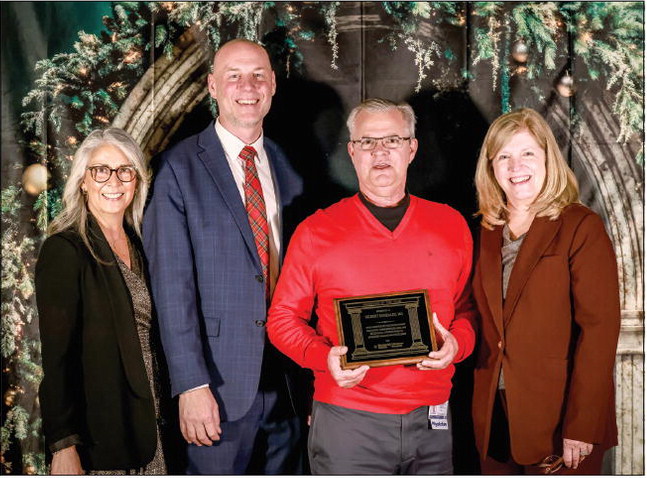How to talk to children about cancer


No parent wants to hear that their child has cancer, but such is the reality for thousands of parents each year. According to the nonprofit foundation CureSearch for Children's Cancer, nearly 16,000 children are diagnosed with cancer each year. Survival rates for childhood cancers have improved dramatically over the last half-century, increasing from just 10 percent to nearly 90 percent in that time period. Parents should be encouraged by such statistics, but many may still wonder how to speak to children about their cancer diagnosis. e National
Cancer Institute notes that children will learn a lot from their parents'
tone of voice and facial expressions,
so it's important to remain calm when speaking to kids about cancer.
Openness and honesty also are im portant, as it will inspire children to trust and confide in their parents as they baGle their illnesses. e NCI
also notes that age-related suggestions may help parents speak with their children about cancer.
Less than one year old Children who are less than one year old won't be capable of understanding they have a disease, so the NCI advises parents of such youngsters to comfort them by holding them and gently touching them. Skin-toskin contact is ideal, and during treatment, parents can bring familiar items from home, such as toys or a blanket, to make kids feel more comfortable. Children less than one year old find their parents' voices soothing, so speaking and singing to children during treatment sessions can comfort them as well.
Children in this age group understand things they can see and touch, so bring along some items they can safely play with during treatment. In addition, let kids choose the flavor of their medicines when possible. Prepare kids ahead of time if treatment will involve something that hurts, such as an injection. Failing to prepare them in such instances may make them fearful and anxious
throughout the rest of their treatments.
3- to 5-yearolds Help chil dren in this age group better understand their treatment by asking doctors if kids can touch the models, machines or supplies, including tubes and bandages, ahead of time. Prepare kids beforehand for potentially painful parts of their treatment, and try to distract them by reading to them during procedures. Kids in this age group also may be comforted by holding a favorite toy or stuffed animal.
6- to 12-year-olds Children between the ages of
six and 12 will understand that
medicine helps them heal, so such kids will likely want to cooperate when receiving treatment. Kids in this age group will want to know what to expect and will likely have many questions, so parents should try to have as many answers about their children's disease as possible.
Parents who are stumped by kids' questions can look up answers to gether with their children.
Teenagers
e NCI notes that teenag ers who have been diagnosed with cancer may be preoccupied with how their disease has changed their lives and separated them from their friends. Parents can make an effort to ensure their teenage children stay as connected to their friends as possible. Teenagers also should be included in treatment decisions.
Parents can help children diagnosed with cancer understand their dis- ease in various ways. More informa tion is available at www.cancer.gov.
1- to 2-year-olds








